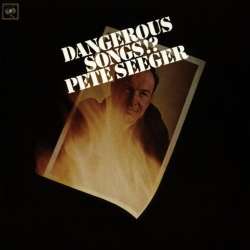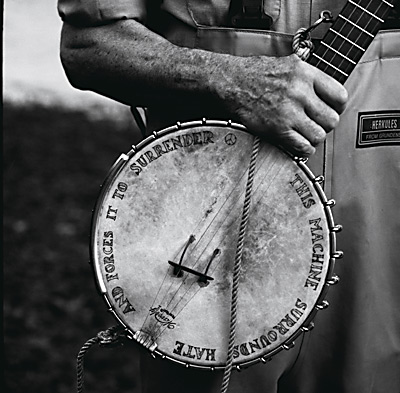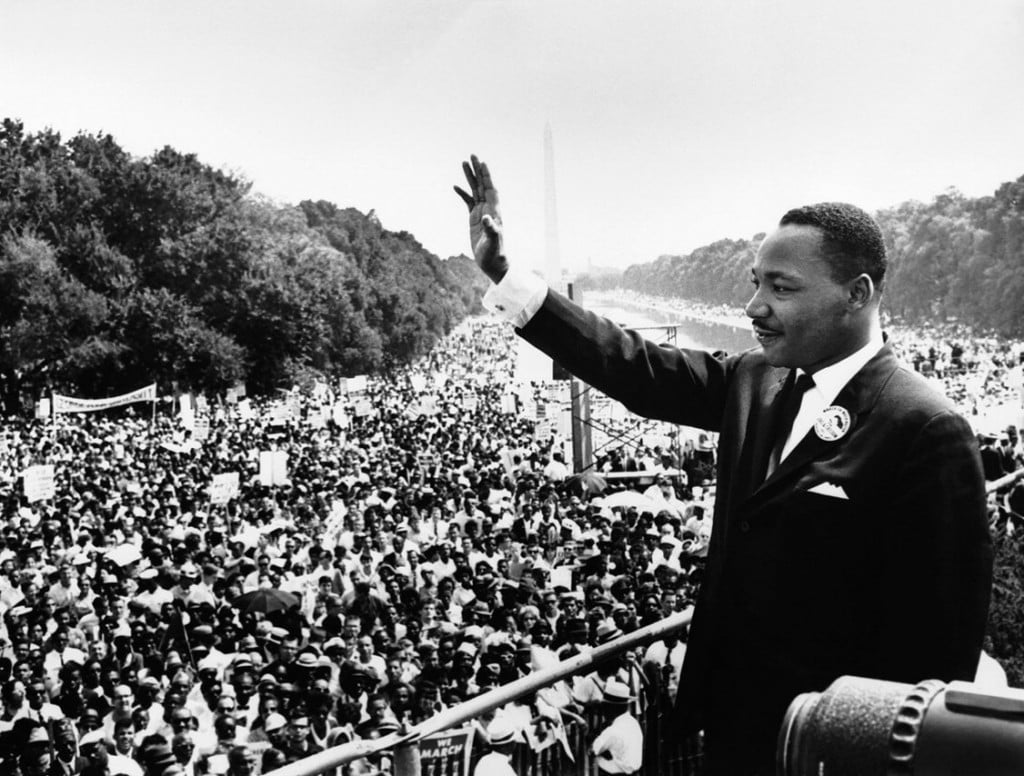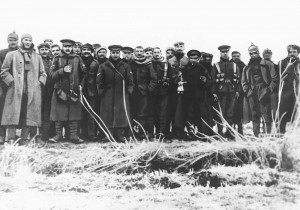Like many of the hymns of social justice, I fell in love with Biko by Peter Gabriel before I really understood what the what the song was really about. It is a haunting song and this 2011 performance of the 1980 song brings all of the emotion of the original and some.
Steve Biko was a leading activist against the apartheid regime in South Africa. This song is about his death at the hand of government authorities. Here is an excerpt from an entry about his life…and death…from South African History Online, a research institute that promotes the telling of South African history.
By 1971, the Black Consciousness Movement had grown into a formidable force throughout the country. In an attempt to reform SASO (which originally comprised students) and incorporate the adult element Biko established the Black People’s Convention (BPC) as well as Black Community Programmes (BCP).
The development of the BCM clearly threatened the settler machinery. It was only a matter of time before Steve Biko was banned by the government. In 1973 he was formally banned and confined to the magisterial district of King William’s Town, his birth place. Among other things, the banning entailed prohibiting him from teaching or making public addresses (or speaking to more than one person at a time), preventing him from entering educational institutions and reporting to the local police station once every week. For breaking these provisions a “banee” would be stigmatised as a criminal. In spite of being banned, Biko continued to advance the work of Black Consciousness. For instance, he established an Eastern Cape branch of BCP and through BCP he organised literacy and dressmaking classes and health education programmes. Quite significantly, he set up a health clinic outside King William’s Town for poor rural Blacks who battled to access city hospitals.
The banning and detention of several SASO and BPC leaders under the Terrorism Act threatened to cripple the Black Consciousness Movement. However, the accused used the seventeen-month trial that followed as a platform to state the case of Black Consciousness. Although they were found guilty and sentenced to various terms of imprisonment for revolutionary
conspiracy they were later acquitted. Their convictions further strengthened the Black Consciousness movement. The repression instituted under the Terrorism Act caused Blacks to lose sympathy with moderate revolutionary policies, leading to more militancy and hope for emancipation. During the Soweto riots of June 1976 there were violent clashes between high school students (protesting the use of Afrikaans as the medium of academic instruction) and police marking the beginning of widespread urban unrest, which threatened law and order.
The wave of strikes during and after Soweto demonstrated, to a large extent, the influence Biko exerted on South African socio-political life. Although he did not directly take part in the Soweto riots, the influence of Black Consciousness ideas spurred students to fight an unjust system particularly after they were compelled to accept Afrikaans as a language for use in schools. In the wake of the urban revolt of 1976 and with the prospects of national revolution becoming increasingly real, security police detained Biko, the outspoken student leader, on August 18th. At this time Biko had begun studying law by mail through the University of South Africa/UNISA. He was thirty years old and was reportedly extremely fit when arrested. He was taken to Port Elizabeth but was later transferred to Pretoria where he died in detention under mysterious circumstances in 1977.
Somebody recently told me that heroes only existed in fiction. Steve Biko was very real and he is one of my heroes. He died as part of a struggle for democracy that eventually saw success, but which still continues.
While "…the man is dead," have we allowed the struggle for democracy to die, too?
When you consider giving up, remember Steve Biko.
Here is a short clip of Biko himself:
For other posts in the "Hymns of Social Justice" series click here.
Please support Approaching Justice and the Hymns of Social Justice Series. Thanks!












